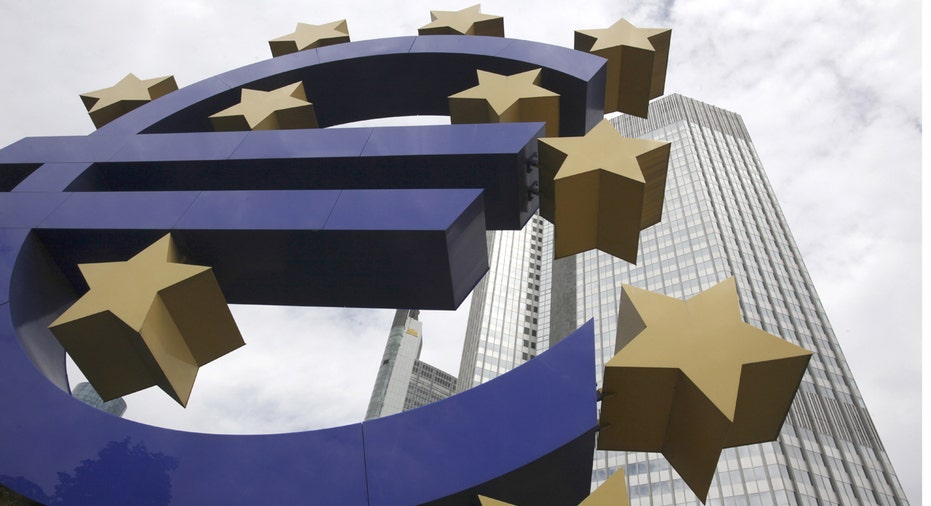ECB Economic Optimism Unnerves Euro Zone Bond Investors

Euro zone government bond yields nudged up on Thursday with the bloc's central bank expected to reiterate Japan's acknowledgment of better growth prospects in a move that could pave the way towards tighter monetary policy.
The European Central Bank's meeting on Thursday comes immediately after the Bank of Japan overnight offered its most optimistic assessment of the economy in nine years.
While the BOJ kept monetary policy unchanged, for the first time since 2008 it used the word "expansion" in describing the state of the economy, signaling that it sees no need for additional stimulus.
The ECB is also expected to keep its ultra-easy stance firmly in place but may talk of a rosier economic outlook, setting the stage for a small signal as early as June about an eventual reduction of stimulus.
That could involve interest rate hikes and a slow withdrawal of its asset purchase scheme likely to precipitate a decline in the value of bonds and a rise in yields.
David Lloyd of British asset management firm M&G Investments said that his "conversations with central bank staffers" suggest the ECB is not concerned about market ructions that tightening policy would cause.
"Any sense of systemic risk, like the vulnerability of major financial institutions, they are all over that like a rash. But if we get a massive sell-off in the bond market and people lose money then they are entirely relaxed about that," said Lloyd, the firm's head of institutional portfolio management.
Benchmark German Bund yields -- which move inversely to prices -- climbed 2 basis points to 0.37 percent in early trades on Thursday, heading back towards 14-month highs of 0.51 percent seen in the wake of the ECB's last meeting at which it signaled a diminishing urgency for policy action.
Policymakers tried to downplay those signals in the wake of that meeting, while nerves around the French election and disappointing economic data have since reversed some of the yield rise and tempered rate hike expectations.
But Reuters reported this week that policymakers, relieved after the first round of France's presidential vote put a pro-euro centrist in pole position, may in June once again change the wording of the ECB's opening statement.
Any comments on Thursday about the bloc's improving economic prospects could be a nod to that, but some investors still feel the data is too weak to justify a major policy shift.
"Should inflation go back towards the 2 percent target, the ECB would need to be more hawkish – that is obvious," said Eric Vanraes, a fund manager at investment fund EI Sturdza. "But inflation is slowing now so the ECB is likely to stay in wait-and-see mode."
(Additional reporting by Dhara Ranasinghe; editing by John Stonestreet)



















